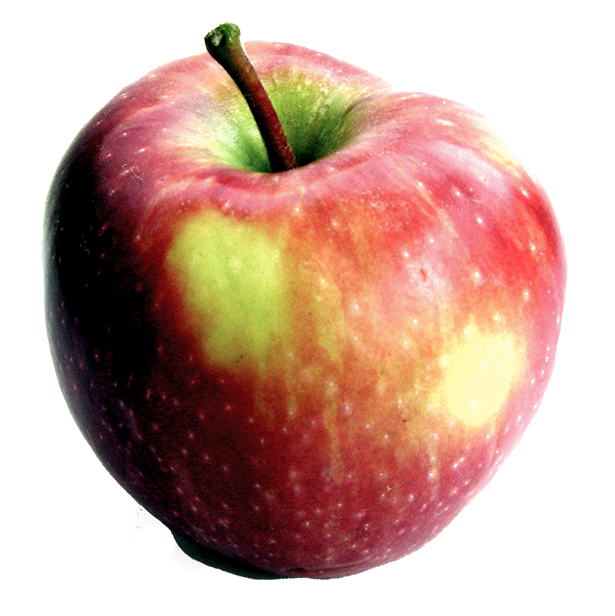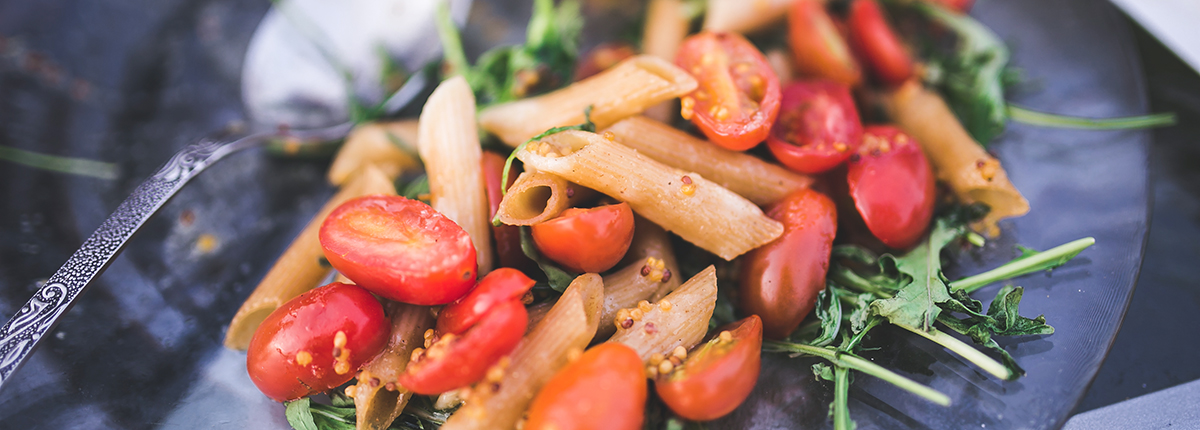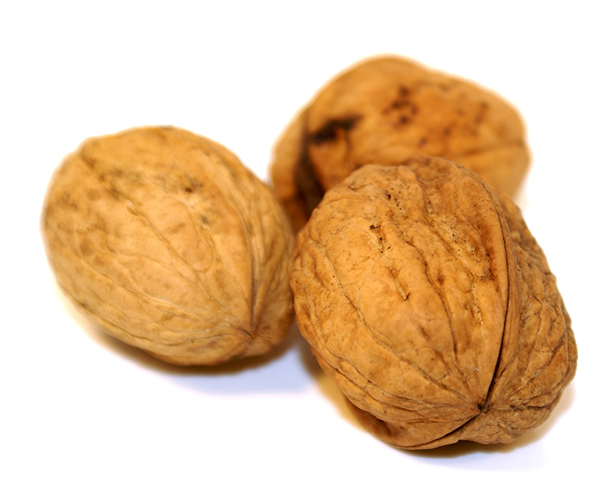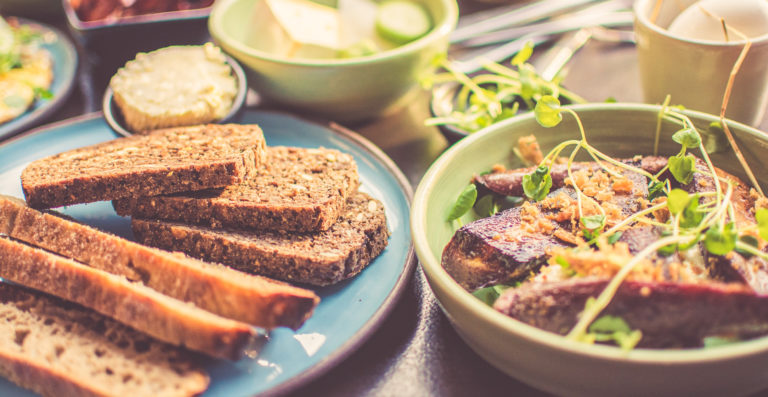
The primary elements of a healthy diet involve going back to the basics; in other words, eating food how we used to: natural, unprocessed, clean, in-season, and local.
I found these fantastic tips in the book Staying Healthy with Nutrition and I had to share them. This is a very brief summary of those tips, but hopefully it’s enough information for you to be able to make some positive changes in your diet, and might even entice you to start growing your own food or getting your food from a local farmer’s market if you don’t already.
 Natural Foods
Natural Foods
Natural foods are foods that are closest to the gardens, fields, and orchards as possible. This means those foods give you more energy, nutrients, and contribute more to your health. It also means avoiding (as much as possible) processed goods from supermarkets that often use wasteful packaging. This packaging may not be recyclable, and can often be contaminated with chemicals that leech into the food itself. Natural foods are the unprocessed, generally unpackaged foods that you’ll find in the produce section.
 Seasonal Foods
Seasonal Foods
Eating seasonal means buying foods that are in season, and buying locally. This is the best way to ensure we’re provided the right nutrients to protect us from the climate, since our environments provide us with the best foods to support our health at different times of the year (hot weather = juicy fruits, cold weather = heavier, richer foods protected by shells or hard skin).
 Fresh Foods
Fresh Foods
Eating fresh foods (this applies to natural, unprocessed foods) is a huge part of a healthy diet. It means, with fruit, vegetables, grains, nuts, beans, seeds, milk, and animal products, consume as fresh as possible. In milk and animal products, if too old, spoilage or rancidity can more easily cause microbial diseases, as bacteria, viruses, and parasites grow well in these substances. Be aware of how long certain foods will last, how to properly store them, and try to eat them as freshly as possible.
 Nutritious Foods
Nutritious Foods
Eating nutritiously means eating foods that will give your body the vitamins, minerals, amino acids, fatty acids, and phytonutrients it needs to function optimally. This, of course, means eating natural foods (as seen above). For example, animal foods can be high in certain nutrients like protein, iron, calcium, and vitamin B12. The fresher foods are, the higher they are in nutrients, since they will lose certain vitamins, minerals, and enzymes when they sit around, or even when they’re cooked.
 Clean Foods
Clean Foods
Clean eating means two things: First, avoiding chemicals and GMOs as much as possible, including chemical additives, refined-sugars, refined-flours, and eating organic as much as possible. Secondly, clean eating means washing and storing food properly to avoid contamination. Wash produce with water or veggie wash before eating, and packing food properly for storage in non-toxic, reusable containers (made of glass, stainless steel, etc).

 Tasty and Appealing Foods
Tasty and Appealing Foods
This one is a biggie. Eat foods that are appealing and satisfy the senses. The food we eat needs to be gratifying, so it’s important that we find ways to make nutritious food taste awesome. Much of the unnaturally sweet, salty or chemical-laden food we eat has altered our expectations of food, and often we need to work at changing our tastes to shift our expectations in a new, more natural direction.
 Variety and Rotation
Variety and Rotation
Eat a variety of nutritious foods in order to prevent deficiencies. This entails rotating your diet; eating different foods from day to day and not repeating the same foods every day. This also reduces any potential we might have to develop a sensitivity or allergy, which can develop from repeatedly stimulating your immune and cellular systems with the same foods.
 Food Combining
Food Combining
Proper food combining allows us to digest and utilize foods and nutrients as efficiently as possible. In western culture we often overstress our digestive tract by eating a lot of foods from each food group at each meal, and this stresses the body. We should be focused on balancing the diet over a day or a week, rather than in one single meal. Here’s the in-depth low down on food combining.
 Moderation
Moderation
Eat in moderation; don’t over-eat or under-eat. Overeating on a regular basis stresses the body. This applies to the total amount of food consumed, as well as over consuming sugar, fat, protein, salt, or chemicals, which can lead to disastrous results. Almost all obesity (aside from hormonal imbalances) is caused by over-consumption of calories and a lack of physical activity, and obesity increases the risk of the chronic disease like hypertension, heart disease, and cancer.
 Balance
Balance
Be aware of how your meals are balanced. Are you eating too much protein during the day? Not getting enough vitamin C? Do the research, and find out what you might be missing or getting too much of. You want to learn to balance your macronutrients (proteins, fats, carbs), your micronutrients (vitamins, minerals, amino acids, fatty acids, and phytonutrients), and ensure your diet is primarily alkaline-forming (around 70%).

 SOURCES
SOURCES



Leave a Comment